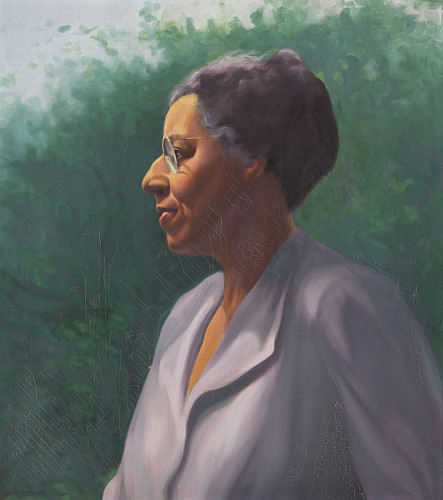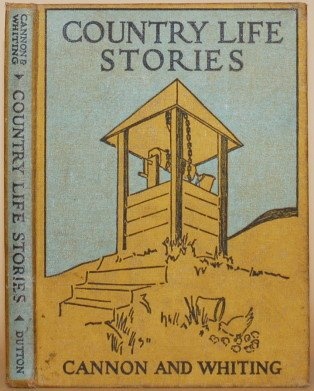Advancing African-American Education: The Helen Adele Whiting Collection
By K. Michelle W.Helen Adele Johnson Whiting (1885 – 1959) was a trailblazer in the education of African-American students, particularly those in rural areas of the South. Her education from Columbia University, Howard University, and several other institutions helped build a foundation as a teacher, supervisor, and mentor to those entering the field.
Born to Canadian W. Bishop Johnson and Gertrude Adele White from Washington, D.C., her parents set the example as teachers and gave support to her at an early age. In a letter to Judith Nicali, Whiting gives a peek into the world of African-American life at that time. Through this correspondence, we get a sense of the role that education played in the lives of African Americans — it was everything. Many notable people were entertained by her family, including Booker T. Washington, the educator and advisor to multiple presidents, as well as John Campbell Dancy Jr., the first African-American to own and operate a cotton mill — the Coleman Manufacturing Company. This network would be a benefit — financially and educationally — when it was time to train future educators and ask for money.
Whiting was aided in her endeavor to provide education to African-Americans in rural districts by Anna Jeanes, a Philadelphia Quaker philanthropist who designated $1 million for the hiring and training of educational supervisors, thereafter known as Jeanes Supervisors. Although these educators were expected to instruct children to accept white supremacy and all the negative connotations reflective of that time, they instead took the existing curriculum and integrated African-American history, trade skills, and other coursework into their studies. This was the beginning of teaching the next generation of African Americans to be proud of themselves while using these skills in their communities. As a supervisor for Negro education in the Georgia Department of Education, Whiting played a pivotal role in revising the state curriculum. This was only one of her many talents.
Whiting was also the author of several books throughout her career. Negro Folk Tales and Negro Art, Music, and Rhymes are just two publications by Whiting that are in the Free Library's collection. Family visits to the country as a youngster were the inspiration for her Country Life Stories.
Her passion, commitment, and determination did not go unnoticed. In November 1930, President Herbert Hoover invited Whiting to attend the White House Conference on Child Health and Protection. These letters show that she was held in high regard and sought after as a consultant and leader in the field of African-American education. The impact she made before Brown v. the Board of Education was quite extensive and a testament to her drive, commitment, and ingenuity in an era that held no regard for the education of Black people and even less for those still tied to caring for land that usually was not theirs. She left an indelible mark in her field.
Helen Adele Whiting is a little-known figure to many now, but in her time she was a well-known champion, bringing education to rural areas and dispelling the myth that those living in poverty were not interested in education. In reality, many simply did not have a way to provide their children with new clothes or a means to make sure they could get safely to school. Whiting’s work impacted sharecropper families especially. By some estimates, the children of sharecroppers had only 15 – 20 weeks of education per year due to farm work. This was one of many struggles during Jim Crow.
There is much more available about this incredible educator who left an indelible mark in her field. We should take time to appreciate and acknowledge the sacrifices made by Whiting and others who pushed for educational equality during a period in history when the mere act of wanting to learn could mean death. To learn more about other important African-American educators and thought leaders who paved the way during this time, check out Twentieth Century Negro Literature in the Free Library's catalog.
Have a question for Free Library staff? Please submit it to our Ask a Librarian page and receive a response within two business days.


